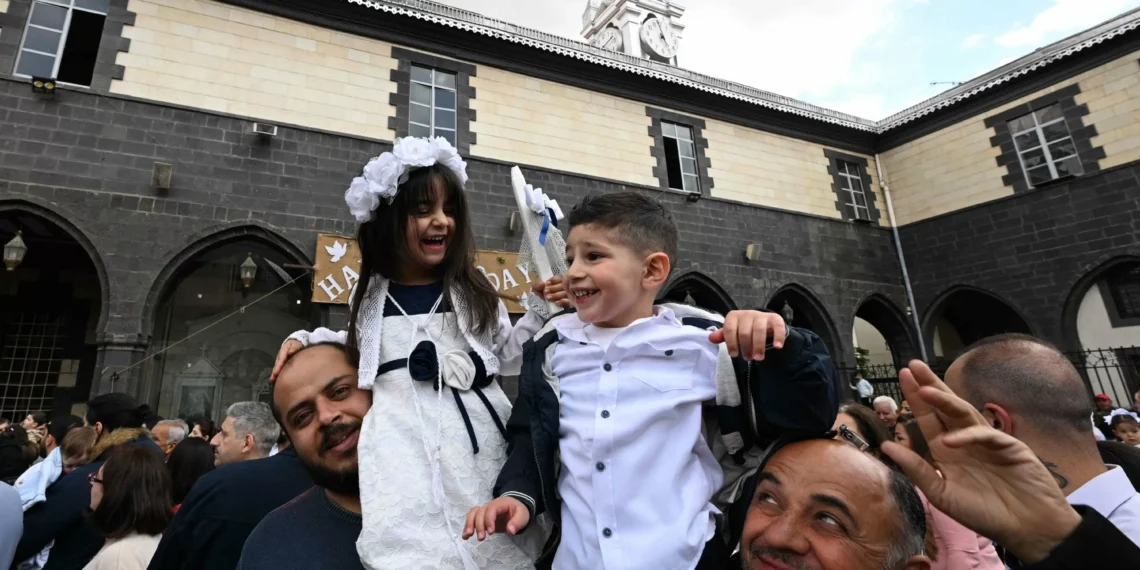Minority Groups in Syria: A Political Power to be Recognized
Syria has been embroiled in a devastating civil war for over a decade now, with millions of people being displaced and countless lives lost. Amidst this chaos, minority groups in the country have been facing even more challenges and discrimination. However, according to Fadel Abdulghany, the head of the Syrian Network for Human Rights (SNHR), these minority groups should not be seen as victims, but rather as a political power that can bring about positive change in the country.
In a recent statement, Abdulghany emphasized the importance of recognizing the political influence of minority groups in Syria. He stated that the country’s interim government should work towards empowering these groups and giving them a voice in the decision-making process. This, he believes, will not only benefit the minority communities but also contribute to the overall stability and progress of the country.
Syria is a diverse nation with a population made up of various ethnic and religious groups, including Kurds, Armenians, Assyrians, and Christians. However, these minority groups have long been marginalized and discriminated against by the ruling majority. They have been denied basic rights and opportunities, and their voices have been silenced.
But despite these challenges, minority groups in Syria have shown resilience and determination in the face of adversity. They have played a crucial role in the country’s uprising against the oppressive regime and have been actively involved in the fight for democracy and human rights. This, according to Abdulghany, is a clear indication of their potential as a political force.
The head of SNHR also pointed out that the international community has a responsibility to support and empower minority groups in Syria. He urged foreign governments and organizations to provide aid and assistance to these communities, not just in terms of humanitarian aid but also in terms of political support. This, he believes, will send a strong message to the Syrian government that the world is watching and that the rights of minority groups cannot be ignored.
Abdulghany’s statement comes at a crucial time when Syria is in the process of rebuilding and establishing a new government. It is essential that the voices of minority groups are heard and their rights are protected in this process. The interim government must take concrete steps to ensure the inclusion and representation of these groups in the political landscape of the country.
Moreover, recognizing the political power of minority groups in Syria can also help in promoting unity and reconciliation among different communities. By giving these groups a seat at the table, the government can foster a sense of belonging and inclusivity, which is crucial for the country’s long-term stability.
It is also worth noting that minority groups in Syria have a rich cultural heritage and contribute significantly to the country’s diversity and identity. By recognizing their political power, the government can also promote and preserve this cultural heritage, which is essential for the country’s future.
In conclusion, Fadel Abdulghany’s statement sheds light on an often overlooked aspect of the Syrian conflict – the political power of minority groups. These communities have been marginalized for far too long, and it is time for them to be recognized and given a voice in the country’s future. The interim government must take concrete steps to empower these groups and ensure their representation in the decision-making process. Only then can Syria truly move towards a more inclusive and democratic future.







